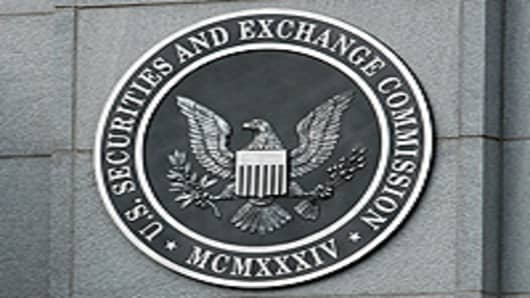The US market regulator has launched a broad investigation into whether exchanges favor large trading companies at the expense of smaller customers.
The enforcement inquiries emerged from examinations by the Securities and Exchange Commission of how exchange operators, some of which also regulate their customers, manage conflicts of interest with hedge funds, high-frequency trading groups, banks and asset managers. The regulatory concerns were heightened by the collapse of futures broker MF Global and its missing customer funds, which put a spotlight on the role of exchange operator CME Group.
According to people familiar with the probe, SEC officials are focusing on whether operators use multiple exchanges to appease customers which provide large order flows. This would allow them to grant advantages to some customers by using different rules on different exchanges, without violating rules barring discrimination on any one exchange.
All major US exchanges operate multiple markets. They are often the legacy of acquisitions and use different pricing schemes or trading systems.
The Chicago Board Options Exchange (CBOE) suspended one of its top compliance officers last month, according to people familiar with the matter, as the SEC’s probe homed in on regulatory practices at the company’s New Jersey-based stock exchange, CBSX.
CBSX is owned by CBOE in partnership with four market making groups. Last year, CBSX acquired the National Stock Exchange, giving it two separate exchanges.
CBOE revealed an SEC probe last month, saying that the agency was “investigating CBOE’s compliance with its obligations as a self-regulatory organization under federal securities laws”. It said that it was co-operating and had launched its own internal probe. CBOE declined to comment on the suspension of the compliance officer or the specific nature of the SEC’s probe. The SEC also declined to comment.
In an SEC filing last month, BATS Global Markets said it had received investigative requests from the agency related to its communications with customers, including trading firms and banks that are also its shareholders. BATS operates two US stock markets.


